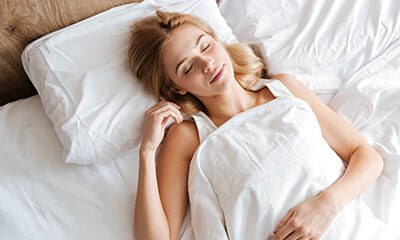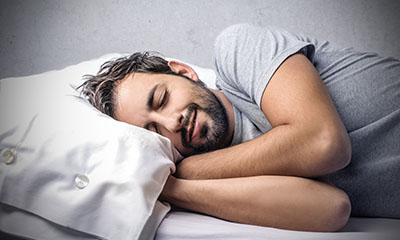Many of us rely on setting multiple alarms to ensure we wake up on time, but this habit might be undermining your sleep quality and overall well-being. Here’s why it’s better to reconsider the multiple alarm strategy and focus on improving your sleep hygiene instead.
The Impact of Multiple Alarms
Setting multiple alarms can seem like a fail-safe method to ensure you don’t oversleep, but it often leads to fragmented and poor-quality sleep. Here’s why:
- Interrupting Sleep Cycles: Waking up to an alarm disrupts your sleep cycle, especially if it happens during deep sleep stages. Multiple alarms can cause repeated awakenings, which prevent you from completing restorative sleep cycles. This can leave you feeling groggy and fatigued throughout the day.
- Increased Stress: The jarring sound of an alarm can trigger a stress response, increasing your heart rate and cortisol levels. This can make waking up feel more abrupt and stressful, setting a negative tone for the day ahead.
- Reduced Sleep Efficiency: When you wake up several times throughout the night or morning, your sleep becomes less efficient. Sleep efficiency is a measure of how much time you spend asleep while in bed. Frequent awakenings can reduce your sleep efficiency, leaving you feeling less rested.
The Importance of Good Sleep Hygiene
Improving your sleep hygiene can help you wake up feeling more refreshed and energized. Here are some tips to help you develop better sleep habits:
- Establish a Consistent Sleep Schedule: Go to bed and wake up at the same time every day, even on weekends. This helps regulate your body’s internal clock and improves the quality of your sleep.
- Create a Relaxing Bedtime Routine: Engage in calming activities before bed, such as reading, taking a warm bath, or practicing relaxation techniques. Avoid screens and stimulating activities that can interfere with your ability to fall asleep.
- Optimize Your Sleep Environment: Ensure your bedroom is conducive to sleep. Keep it cool, dark, and quiet. Invest in a comfortable mattress and pillows that support a restful night’s sleep.
- Limit Caffeine and Alcohol Intake: Avoid consuming caffeine and alcohol close to bedtime, as they can disrupt your sleep patterns and reduce sleep quality.
- Exercise Regularly: Regular physical activity can promote better sleep. Aim for at least 30 minutes of moderate exercise most days, but try to avoid vigorous exercise close to bedtime.
- Monitor Your Sleep: Consider using a sleep tracker to gain insights into your sleep patterns. This can help you identify factors that may be affecting your sleep and make necessary adjustments, and if issues persist ask about our at-home sleep studies for deeper insights.
Conclusion
Relying on multiple alarms to wake up can be detrimental to your sleep quality and overall health. By focusing on good sleep hygiene practices and creating a consistent, relaxing bedtime routine, you can improve your sleep and wake up feeling more refreshed and energized. Remember, a good night’s sleep is the foundation of a healthy, productive day.
For more personalized sleep advice and support, connect with our ENT clinic in Los Angeles. Our team is here to help you achieve better sleep and overall well-being.

























